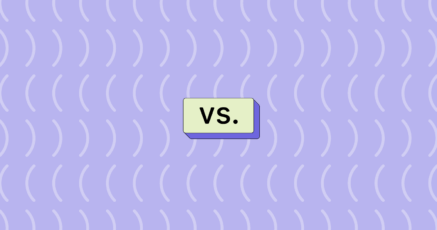Commonly Confused Words - Page 9
- Lots/Plenty of and Other QuantifiersBoth lots and plenty are quantifiers used in affirmative sentences. They can be placed before singular or plural countable and...March 21, 2017
- Center or Centre—Which Is Correct?Do you speak British or American English? Depending on your answer, you may differ on which spellings you favor. Center and...February 4, 2017
- Practice or Practise—Which Spelling Is Right?Practice with a C or practise with an S—which spelling is correct? In American English, practice is always right. In British...February 3, 2017
- Everyone vs. Every One–What’s the DifferenceEveryone vs. every one The pronoun everyone may be replaced by everybody. It is used to refer to all the people in a group....January 20, 2017
 Make Up Your Mind, English! Conscious vs. Conscience and Unconscious vs. UnconscionableEnglish is anything but a straightforward language. Words that look alike but actually mean something slightly different are a...January 16, 2017
Make Up Your Mind, English! Conscious vs. Conscience and Unconscious vs. UnconscionableEnglish is anything but a straightforward language. Words that look alike but actually mean something slightly different are a...January 16, 2017 “Immigrate” vs. “Emigrate”—What’s the Difference?Is emigrate an alternative spelling of immigrate? If not, what’s the difference between immigrate and emigrate? Immigrate vs....January 13, 2017
“Immigrate” vs. “Emigrate”—What’s the Difference?Is emigrate an alternative spelling of immigrate? If not, what’s the difference between immigrate and emigrate? Immigrate vs....January 13, 2017- Is Funner a Word?Whether fun or more fun is correct seems like a simple question, but the answer isn’t exactly straightforward. To understand, you...January 8, 2017
 “Assure” vs. “Ensure” vs. “Insure”: What’s the Difference?To assure someone is to remove someone’s doubts. To ensure something is to make sure it happens—to guarantee it. To insure...January 5, 2017
“Assure” vs. “Ensure” vs. “Insure”: What’s the Difference?To assure someone is to remove someone’s doubts. To ensure something is to make sure it happens—to guarantee it. To insure...January 5, 2017- Everytime or Every Time?Everytime should be written as two separate words: every time. While some compound words like everywhere, everyday, and everyone...January 3, 2017
 “Historic” vs. “Historical”—Which Should I Use?Historic describes something momentous or important in history. Historical simply describes something that belongs to an earlier...December 31, 2016
“Historic” vs. “Historical”—Which Should I Use?Historic describes something momentous or important in history. Historical simply describes something that belongs to an earlier...December 31, 2016